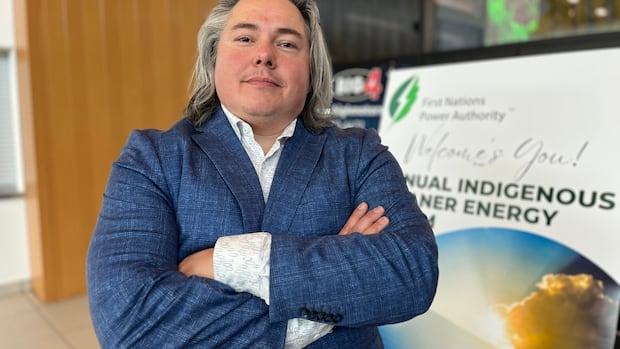Academic researchers are used to filing out forms when applying for grants, but Canadian scholars have expressed shock over a new questionnaire they are receiving when applying for funding issued in part or wholly by the U.S. government.
“Can you confirm that this is no DEI project or DEI elements of the project?” asks one question, with an accompanying link to U.S. President Donald Trump’s executive order to nix funding from government programs dealing with diversity, equity and inclusion.
“Can you confirm this is not a climate or “environmental justice” project or include such elements?” asks another.
Yet another asks if a project “defends women from gender ideology” — another reference to a Trump executive order.
Peter McInnis, President of Canadian Association of University Teachers, which represents 72,000 staff across more than 125 institutions, says they’ve been receiving messages about what he says is “most unusual, not only just to receive a questionnaire at all, but this one was clearly screening for ideological questions.”
It is unclear how many Canadian scholars received the questionnaire, or how many people’s work depends on funding from granting bodies associated with the U.S. government, but most tend to be in the fields of health, science, agriculture and climate research
For example, the U.S.-based National Institute of Health last year poured about $57 million into projects involving Canadian researchers, according to McInnis.
Have you or someone you know received this questionnaire? We want to hear from you.
Send an email to [email protected].
“And they said that they will no longer fund anything to do with climate and health effects of climate. So this questionnaire suddenly takes on much more serious consequences,” McInnis said.
What’s at stake
The motivations behind the new questionnaire have not been openly stated by the Trump administration, but the questions make them pretty easy to glean, say people with knowledge of the Canadian post-secondary sector.
“It might be looking to find research projects that it would deem particularly, let’s say, quote unquote ‘worthless,’ not my words, but that it might not see as as high priority and use that to stoke public resentment against universities,” said Maïca Poirier Murphy, research manager at Higher Education Strategy Associates, who provides consulting for Canada’s post-secondary sector.
“Or it might be looking to identify projects that particularly align with its current political objectives,” Murphy told CBC News, referencing a question that asks if the research will support the U.S. in extraction of precious minerals.

No matter what, Murphy and others say the repercussions to international academic work could be substantial.
Researchers are now facing tough choices, says McInnis, alluding to the dilemma of one academic who works on research in the agricultural sector, specifically how to improve crop yields without using chemicals.
“They look at these questionnaires and say: How do I answer? … If I don’t answer it, will I get my funding withdrawn? If I do answer it truthfully, will I get my funding withdrawn? And what are the consequences not only for those researchers, but for our American collaborators.”
Beyond the practical problem of losing out on money that researchers need to continue doing their work, asking for academic findings that support any kind of ideology, rather than being open-ended inquiries, is a troubling direction, according to Murphy.
“Fundamental or basic research is curiosity driven. So that’s without kind of a stated application at the outset. That doesn’t mean that it has no applicability, of course,” said Murphy. Rather, she says questionnaires like this can divert funding from the kind of research that brought humanity key breakthroughs, like penicillin.
Turning a loss into a win for Canada
But experts say Canada can turn this situation into a positive, if it plays its cards right.
Gabriel Miller, President and CEO of Universities Canada, says that some clarity about the application of the questionnaire is still needed.

“Like a lot of things happening in the United States right now, there’s a huge amount of confusion surrounding this questionnaire. And so part of what we need to do is get more information. And so we’re working with the federal government to try and get more answers,” Miller told CBC News.
Miller says that the flip side of Trump’s crackdown on academic institutions in the U.S. is that many top-notch academics are eyeing Canada as a potential place they could work. Just this week, Yale professor and outspoken Trump critic Jason Stanley announced his decision to work at University of Toronto’s Munk Centre — and it’s a broader trend Miller says he’s anecdotally hearing a lot about.
Two other steps Miller sees as necessary are expediting the visa process for scholars and increasing funding for universities, so that this newly acquired talent can hit the ground running.
He says it’s something that will be key to Canada’s economic, political and intellectual resilience — something on many people’s minds these days.
“Canada needs to build on what it’s already spent decades building, protect it and strengthen it,” he said.







